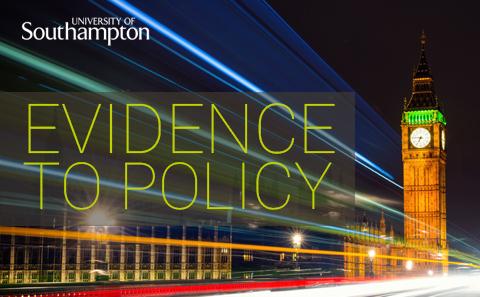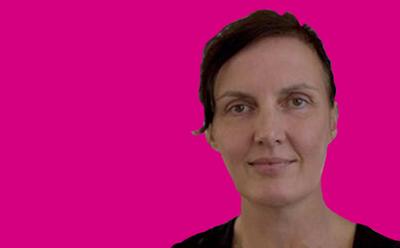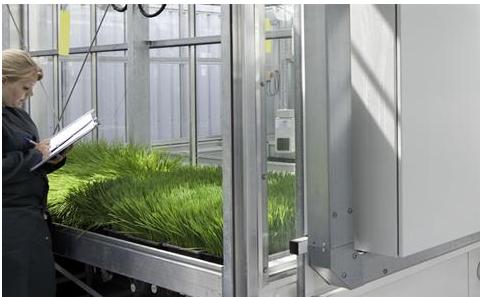
Evidence to Policy
Read more blogs from researchers at the University of Southampton navigating the journey between evidence and policy

Thursday 8th June 2017 is World Oceans Day and delegates from around the world converge on New York for The Ocean Conference. The United Nations organisers tell us that ‘the Conference aims to be the game changer that will reverse the decline in the health of our ocean for people, planet and prosperity. It will be solutions-focused with engagement from all.’ I am very sorry not to be there for this first Ocean Conference but would like to offer a way forward, a way to make a difference, a way to build a community of knowledge and action.
At the beginning of our Massive Open Online Course (MOOC) Exploring our Oceans, we ask the same question of our online learners - ‘What do the Oceans mean to you?’. Each time we hear the same thing. People of all ages, all backgrounds, from all countries are fascinated by and love the oceans but they know very little about what goes on in the deep blue parts of the Planet. What is more interesting is that we ask the same question at the end of the course. This is where we see real insights: by providing new knowledge, access to understanding and a community to share ideas with, our learners are empowered to make suggestions that make a difference. They commit to small and big changes to their lifestyles and to wider community action.
Each time we run our MOOC, we build a new team of research students from the University of Southampton to nurture and inspire our online learners – our young researchers are responsible for communicating the passion and possibilities for our planet. Online learners are all different – some wade in with strong (and long) held opinions, some hold back and just watch, some are at the start of their life, some are near the very end, all are equal.
What is clear from our learners is that there is a passion for new knowledge, a real urgency for reversal in environmental decline, that there is a will to balance resource exploitation with responsibility and that there is most of all, an understanding that our future prosperity depends on healthy oceans.
So what can you do to make a difference for our oceans? You can sign up to learn more about the oceans, you can engage in public debate to exchange views (perhaps starting in a safe online platform such as our Exploring our Oceans MOOC), you can communicate your thinking online, you can join public action groups, you can join national and international Societies and you can lobby widely on changes needed for the sustainable future of the seas.
In the UK we have one marine Society that is over 100 years old. The Challenger Society for Marine Sciences was founded in 1903, named after the ship that founded the science of Oceanography, and the Society is still thriving now. I am the current President, presiding over a membership that represents most of the academic marine science community in the UK. We welcome new members from all countries, all ages, all parts of society. We are a global community, united in our passion for discovery about the deep unknown parts of our planet and ensuring a future for our seas.
And what will be a good outcome this week from New York? A wider commitment to deliver the solutions that will reverse the decline in the health of our oceans – we are all the game changers.
Rachel is the Dean of Natural and Environmental Sciences and Professor of Ocean Chemistry in Ocean and Earth Science, National Oceanography Centre Southampton. Ocean and Earth Science was ranked as the top marine science department in the 2014 Research Excellence Framework exercise and has been consistently ranked within the world’s top 30 Earth and Marine departments in the QS world rankings.
Professor Mills was educated at the University of Southampton (BSc) and the University of Cambridge (PhD) and her research into the earth-ocean system has focused on deep sea metal-rich deposits and improving the understanding of how material is transported within the seafloor, into the oceans and its impact on life processes.
Over the course of her career, Professor Mills has led shipboard research expeditions to remote and deep, unexplored parts of the ocean, developed undergraduate and postgraduate education programmes including a massive open online course ‘Exploring our Oceans’, and provided advice and direction to a range of international and UK government and other bodies and high profile projects. She is the current President of the Challenger Society for Marine Science; the foremost learned society representing the UK marine research community

Read more blogs from researchers at the University of Southampton navigating the journey between evidence and policy

Learn more about the reseach projects Public Policy|Southampton are currently working with